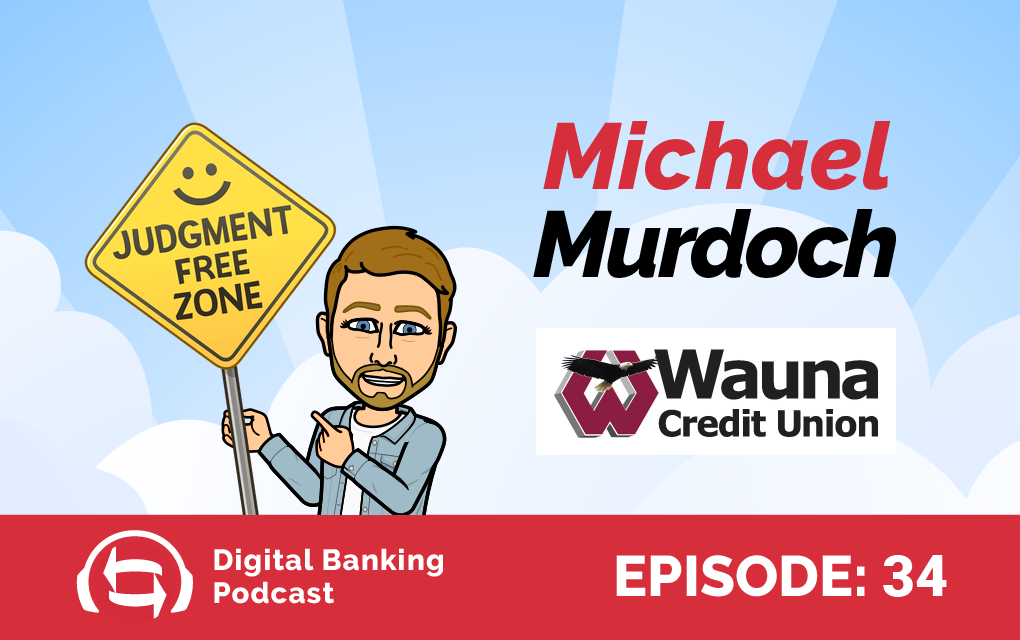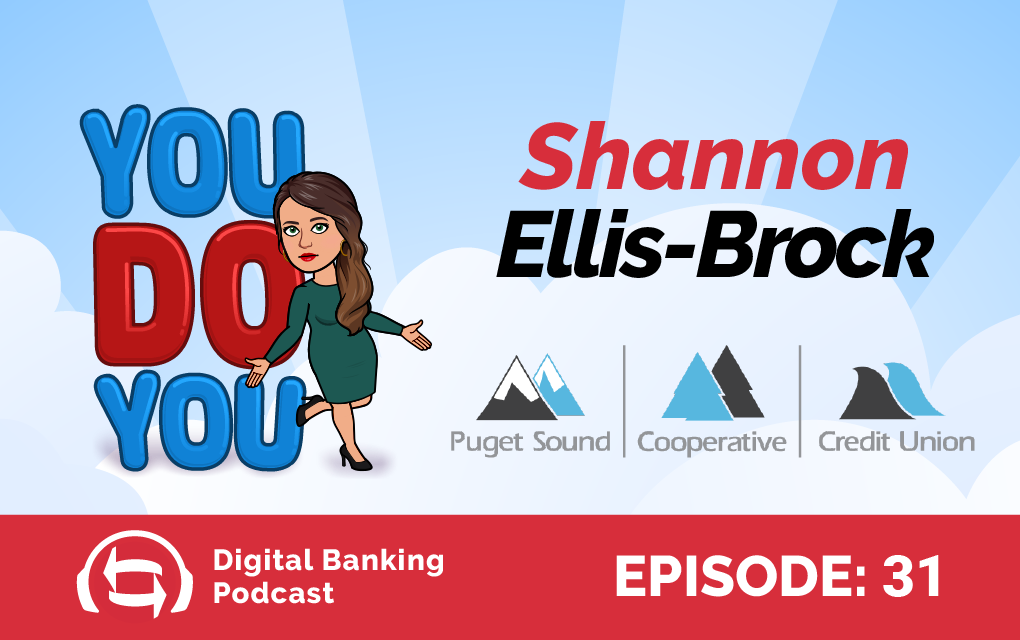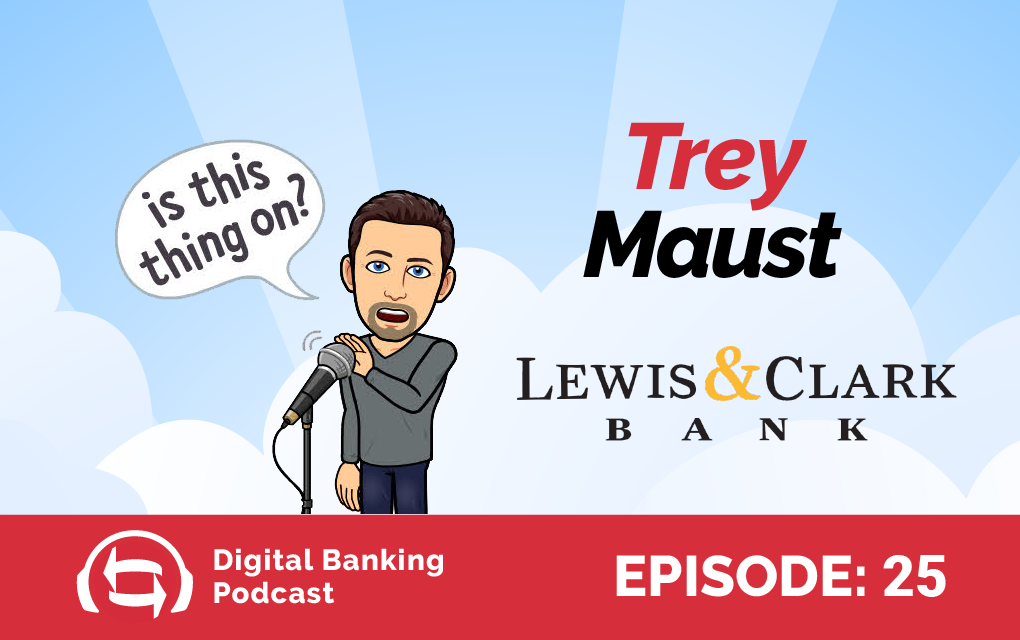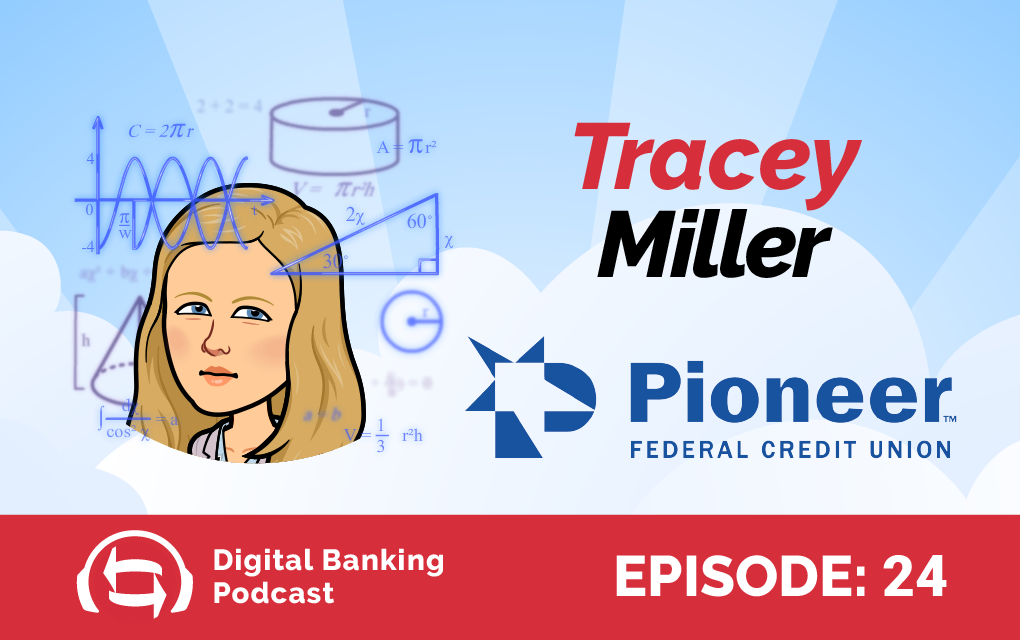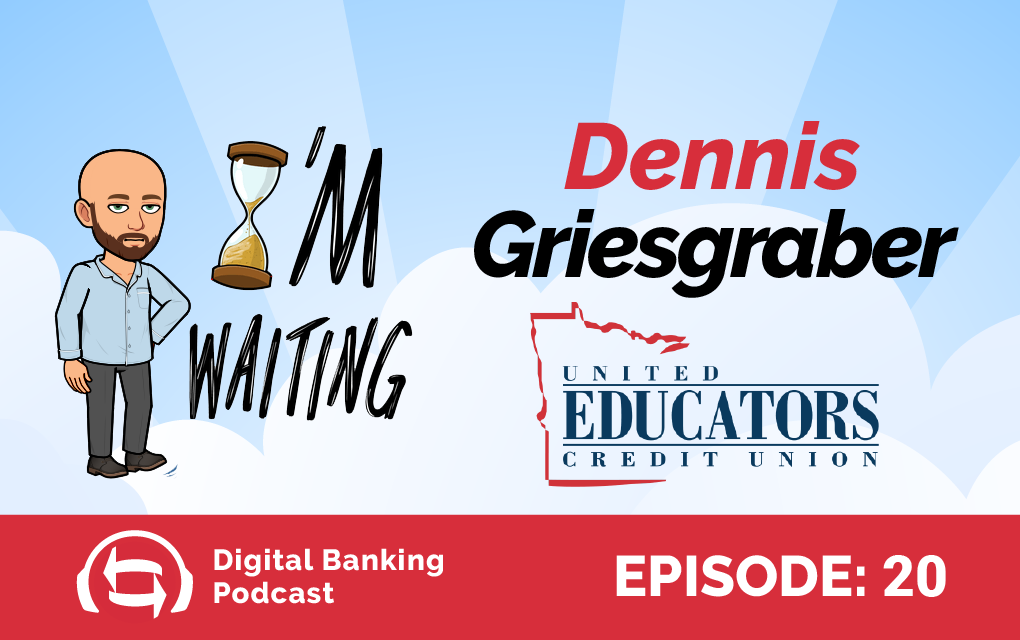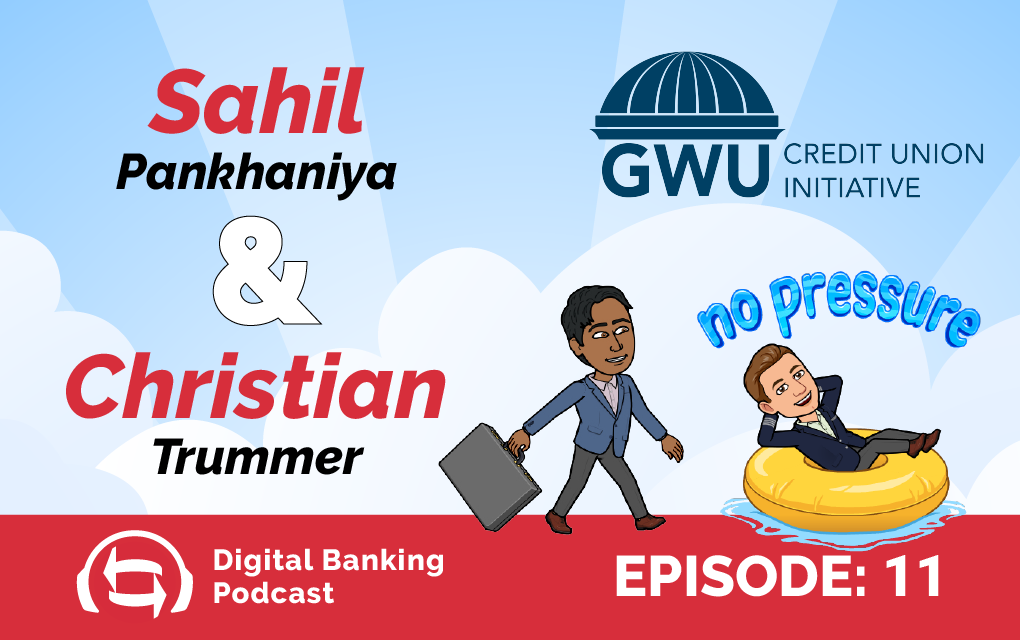Building a Profitable Member-Centric Credit Union With Margarete Mucker of Star One
LISTEN NOW
EPISODE: 06


Margarete Mucker
Episode Summary
Chances are, you’ve heard of Star One Credit Union. It’s one of Silicon Valley’s largest member-owned financial institutions.
And because it’s surrounded by the Facebooks, Googles and Apples of this world, it has more than $10 billion in assets with less than 115,000 members. (Psstt… That’s pretty impressive.) It also has a 90% retention rate, thanks to its efforts to serve its members. (Psstt… Also pretty impressive.)
One of the leading forces behind this customer-centric culture is Margarete Mucker. She’s been with Star One Credit Union for more than 28 years. As the Executive Vice President of Operations, Margarete is constantly exploring new ways to meet member needs through remote services and digital banking channels.
Because Star One understands its clients have large amounts of money with multiple institutions — sometimes around the world — the credit union has focused its efforts on optimizing money movement. In fact, Star One was one of the first financial institutions to partner with Zelle, the digital payments network.
In this episode of the Digital Banking podcast, Margarete explains the importance of Star One’s member-centric approach and how it balances that with profitability. She also dives deep into the money-movement ecosystem and even gives us a glimpse at what initiatives she and the Star One team plan to focus on next.
Key Insights
⚡ Don’t try to be everything to everyone — focus on your core competencies. At Star One Credit Union, Margarete focuses on giving members strong core products — like mortgage refinancing options and a variety of options for money transfers. She’s fully aware they’ll go elsewhere for investing or advising, but that’s OK as long as Star One excels at what it does offer.
⚡ Being totally realistic, Margarete and her team recognized Star One members keep their money elsewhere — sometimes in accounts around the world. That’s why they strive to provide members with the most inexpensive and efficient money transfer options. For instance, they were one of the first financial institutions to bring on Zelle, the P2P payment service.
⚡ Because COVID-19 has forced Americans to operate remotely, Margarete recognizes, for many, that’ll become a new way of life. Looking forward, she wants to focus on offering members the best possible remote experience — one that’s as good as walking into a branch.
Episode Highlights
A focus on money movement
“It’s really a challenge for us to try to figure out how do we position ourselves for the money
movement piece. We’ve really made a lot of progress, but I think we still can improve the front end for when a member comes in and saying, ‘How do you want to move money to provide them with the most inexpensive and most efficient way to transfer funds?’”
Remember: You can’t be everything to everyone
“The one thing we have learned is we cannot be everything to our members that they want. So we have learned we are good at certain things, and we feel really strongly about it. We created lending, we got great rates, great deposits. But we don’t do financial advising, we don’t do business banking. So we believe we have a core principle that’s really strong that we’re really great at, and that’s what we’re built on. And so because we don’t have investment accounts, we know our members have money at Schwab or Fidelity, and we’re OK with that. We always want more, but we also recognize we can’t be everything to our members.”
Member retention = higher profitability
“Star One has a high retention rate. We are in the 90 percentile, and so we know retaining a member is really important to us. It’s also profitable to try to — instead of constantly churning members — keeping members long term. That’s where we get the balance. So we recognize we have a nice little niche. It works well for us, and we’ve focused on that.”
Picking the best P2P payment service
“Why we went with Zelle was the importance of being able to transfer from a credit union account to a big bank. We know our members have money elsewhere. I mean, our competition is Bank of America and Wells Fargo. It’s not the local credit unions or the community banks. It’s a big bank. So those are our competition, and our members do have accounts there, and they do want to transfer funds.”
You won’t see a high ROI tomorrow
“It’s not like we’re seeing the payoff right away and saying, ‘Oh, well, we have a high ROI.’ No. The ROI will come in five to 10 years. It’s not visible right now. We’re paying more for the service than we’re making money on it. But that’s not our primary concern. Our primary concern to be part of a money movement that we felt was going to be on the top of all the P2P services.”
Having control (even if it means more work) is important
“It’s important for us to have control. We don’t like to be restricted by our vendors. We like to have control and manage what we think is best. So that’s kind of like when we’re looking at things, it’s like, ‘OK, how can we make it better?’ So sometimes having control means you take on a little extra work, but in the end to us, it pays off.”
Looking forward…
“I think COVID-19, with being remote, that members have adjusted to it. Some of them, they’re happy to go back to the branches, but I think some of it will stick — that remote delivery will stick. I want to make sure we can deliver it in the best possible way. So if they don’t want to travel to a branch, they don’t have to, but they get the same experience as being inside a branch, so I think that’s going to be our next big focus.”
Guest At A Glance

As the Executive Vice President of Operations at Star One Credit Union, one of Silicon Valley’s largest member-owned financial institutions, Margarete spends the majority of her days focused on how to better serve the credit union’s members.
Margarete has worked at Star One Credit Union for more than 28 years. She’s spent the majority of her time in operations, particularly focusing on remote services and digital banking channels.
